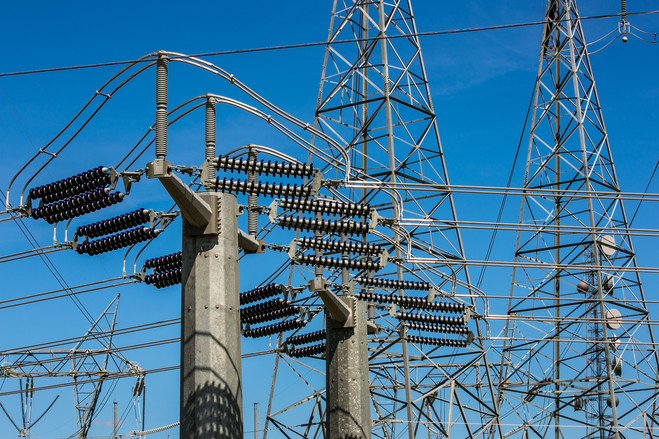The Nigeria Electricity Supply Industry, NESI, requires investments of over $100 billion in the next 20 years, if the country, Nigeria must have 24 hours of electricity supply daily, stakeholders in the power sector have said.
The stakeholders spoke at a two-day power sector stakeholders’ seminar held in Abuja, to discus and determine strategic approach for development of the Performance Improvement Plans 2020-2024, PIPs, as recently requested by Nigerian Electricity Regulatory Commission, NERC.
The seminar was convened by Association of Nigerian Electricity Distributors, ANED, in collaboration with the European Union, EU, AFD, and USAID/Power Africa NPSP project, with the participation of DISCOs (board members and top management) and other NESI stakeholders.
A statement issued by Mr. Sunday Oduntan, the Director, Research and Advocacy, ANED, said PIP guidelines issued by NERC were a key element of the Power Sector Recovery Programme, PSRP.
He said: “According to a recent study published by the French Development Agency and the European Union, the Nigerian power distribution sector would need to invest more than USD 10 billion in the next five years to reach reasonable standards in quality of supply and service.
“Indeed, NESI as a whole needs to invest more than USD 100 billion in the next 20 years if Nigeria wants to cover 24/7 hours of power supply to its citizens.”
Continuing, Oduntan said: “The preparation of the PIP is an opportunity for DISCOs to set out what they intend to deliver to customers over the five-year period as well as the associated costs.
“It is an output-based plan that states the target outputs over the planning horizon, the programs and activities that will lead to the realisation of those outputs, the human and material resources required, the projected cost and analysis of the risk factors and their proposed mitigation measures.
“In this regard, the PIP will also be the basis for the defining realistic Performance Standards and Key Performance Indicators, KPIs, for the next five-year tariff period by the commission, with emphasis on improvement in energy throughput and delivery by DISCOs, reduction in Aggregate Technical/Commercial losses and overall improvement in service delivery to customers.
“Once approved by NERC, each DISCO´s PIP will be a fundamental pillar of the major tariff review aimed at improving the Nigerian Electricity Supply Industry, NESI, as issued in the PSRP.
“The process will involve a review of the application of the CAPEX in MYTO 2015 as the new revenue requirement of the sector should cover the investment and operating cost of efficiently providing electricity services to consumers.
“Other parameters will also be updated in this major review such as inflation, gas price, foreign exchange rate, energy generated, etc.”
“The approved PIP will be a public-facing document for DISCOs and it will be monitored by the commission to ensure that the DISCOs meet their commitments.
“PIP basically will cover four main plans that will be differently applied in the different market segments, which include Operational Plans Distribution Master Plan – how the network will need to be refurbished, upgraded and expanded to follow the needs of the market and huge investment that TCN is doing in the transmission network.
“ATC&C Loss Reduction Plan – which aims to reduce the technical, commercial and collection losses, Customer Service Improvement Plan – which aims to transform the vision of an inefficient NEPA to a modern utility oriented to its customers.’
“Management Improvement Plans, which is an internal plan that all DISCOs must implement in the short term in order to build the internal capacities (resources, technologies and processes) to transform their companies in the next five year.
“The first franchising pilot project in Kaduna Electric that will be developed by Konexa/Shell Foundation, will invest $25 million in two feeders that supply energy to only 10,000 customers. It is important to keep in mind that NESI as today, has almost 8.5 million customers registered.
“TCN/DISCOs interface project developed by TCN that is projecting that DISCOs would have to invest $4.2 billion in the interface with the transmission network in order to follow their expansion plan.
“Last but not least, the French Development Agency, the African Development Bank, the World Bank and the Central Bank of Nigeria, together with DISCOs private investors, will discuss finding ways of collaboration with DISCOs in order to finance their PIPs in the short term.”

